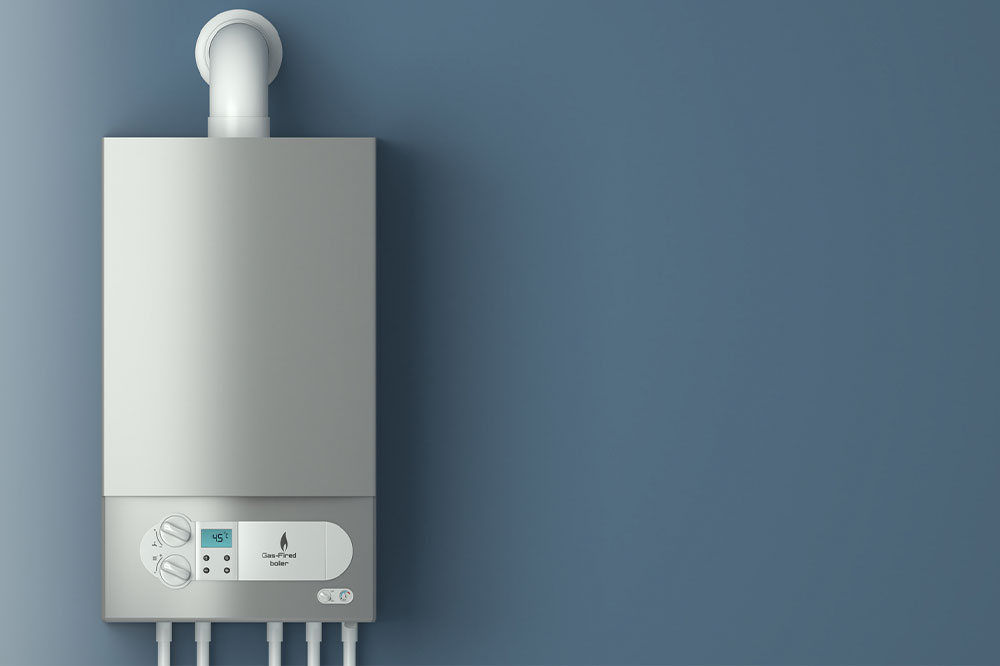
Water heaters – Types and buying tips
Choosing the right water heater for your home is essential to ensure an uninterrupted hot water supply for taking a shower, doing the dishes, or washing clothes. You can find various types of heaters today, but it is necessary to understand their differences and consider factors like the energy efficiency of the appliance before making a decision. Here are the common types of water heaters based on the energy source, water storage, and energy consumption:
Types
Conventional storage water heaters: Also known as conventional tank heaters, these appliances store hot water in a tank. Although they provide a ready reservoir of hot water, the supply may run out often during winter.
Tankless or demand-type heaters: With this type, water gets heated as it flows through the heaters, eliminating the need for a storage tank. It offers a continuous hot water supply and is more energy-efficient than conventional storage heaters.
Heat-pump water heaters: Heat pumps take heat from the air or ground around them and use it to heat water. They require little energy, significantly reducing running costs.
Solar water heaters: These water heaters leverage solar power to heat water. They are environmentally friendly options and can help save energy costs.
Tankless coil and indirect water heaters: These appliances use the home’s current space heating system to heat water. Indirect and tankless coil water heaters tend to work better when paired with high-efficiency boilers or heaters.
Tips for choosing the best water heater
Consider fuel type and availability: You should determine the energy source for the heater that works best in your area, whether it is electricity, fuel oil, natural gas, propane, or geothermal energy. Compare the energy costs and availability to determine the option that would be most suitable for your home. The choice of fuel will affect the operating costs, size requirements, and energy efficiency of the appliance. Also, different types of fuel have varying installation requirements and associated costs.
Size: Ensure the capacity of the heater adequately meets your home’s hot water needs. Also, consider the number of occupants and the probability of simultaneous water usage.
Energy efficiency: You should buy water heaters with high energy efficiency ratings, as they help reduce utility bills in the long run. Check for ENERGY STAR-certified models that meet stringent performance standards to reduce energy consumption. High-performing models can help you save a substantial amount of money in the long run. For instance, heat-pump and solar water heaters are known for their exceptional energy efficiency.
Operating costs: Estimate and compare the annual operating costs of different water heater models to make an informed decision. Consider the purchase price and the long-term energy consumption of the unit before you buy a water heater.
Read reviews and seek recommendations: Consider checking customer reviews and seek recommendations from trusted sources to understand the performance, reliability, and durability of your shortlisted options.
Additionally, when looking to buy a water heater, keep an eye out for great deals and top variants available at the time. Take the time to look up and compare various models, read user reviews, and seek professional advice if needed.




